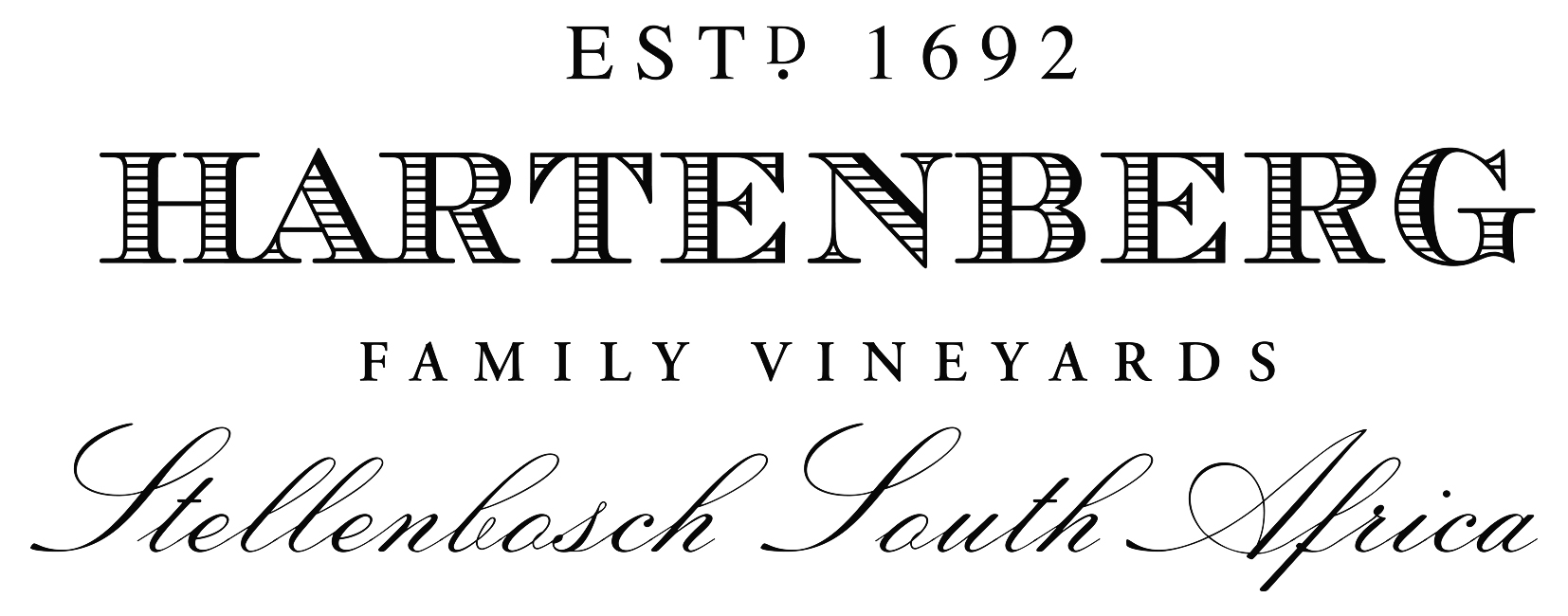Please introduce yourselves.
Michal: My name is Michal, and I'm the hub leader for TruQuest in South Africa. My main role is the actual EOV work on the ground. I do the data collection for EOV and set up farms, making sure they are capturing quality data. I started training for EOV at the end of 2017, and our main work in South Africa really started in 2020.
Rolf: I co-lead the Savory Hub in South Africa with TruQuest, along with McHale and Rachel. It’s been about 10 years since we’ve done that, and my role specifically with Land to Market is to work with the brands. There's quite a lot of activity in South Africa due to the wool movement here, and farming in the region. So our goal is to get wool grown here out into the supply chains.
How did you get involved in leading the South African Hub initially?
Rolf: We were running a nonprofit organization and doing agricultural work in rural communities, and we needed a training curriculum. Instead of developing our own, we went and looked for various options. This was about 13 years years ago, and we came across the Savory Institute at that point which was before the Hub Network was even started. I had engagements with them at a very early stage to bring some of the curricula that they have into our rural programs. Once the Hub model started, we came on board as the Hub for this region.
What brands do you work with?
Rolf: We work with major brands, including Kering and Hugo Boss. It all depends on whoever wants to buy all at any particular time.

Tell us about the farms you work with.
Michal: There are farms that have been verified, and then there are farmer groups that we are working with to get verified. We work with with with mainly South African farmers, but we do work in Africa as well. We work with small suppliers of wool, mohair, and livestock. The number of farms fluctuates a lot from month to month. We’ve found that, in order to get more verified land bases, it’s important to start with the education process. For the farmers, it’s important to learn by experience — so we've got a couple of different models that we use to give them the experience needed ahead of land verification. I'm very much on the land, giving in-person instruction
Rolf: We also work with bigger farming groups that have field advisors that go to the different farmers. So for them, we're doing more of a training model when it comes to the education side. We've found that just trying to do verification on land really doesn't do much and fewer people understand why you're doing it. So we train these field advisors to go and talk to the various farmers they work with daily and monthly.

Does education and verification usually open up new opportunities for farmers?
Rolf: There are opportunities, but the biggest challenge is that the volumes of wool are not at a level where the brands can do much with them. We have a lot of verified Land to Market wool, but brands need even bigger volumes to make it worthwhile for them to commit to purchasing it and then using it for one of their products. So that's a huge challenge because farmers are producing and then it's not getting purchased by brands. The education is more around land management. The farmers use verification to implement monitoring tools around their daily management. EOV becomes part of the management protocol rather than them getting a better price or being able to get access to brands, so we stay away from giving them the idea that they'd make them more money or get access to differential markets at this stage, just because we can't guarantee that we'll sell it. It’s less about Land to Market for the farmer and more about EOV.

Tell us more about working directly with farmers on the land.
Michal: Once you get onto the farm with the farmers and show them what you're looking at, and why you're looking at it — rather than talking broadly about the benefit it has for them — they are pretty receptive because seeing it makes it real to them. The farmers who are really interested and involved in the process start looking at everything and saying, “I can do that.” Then they really start applying it to the next year's management decisions.
How do you think we can connect farmers with more brand opportunities?
Rolf: We're getting the brand’s support, and we have very good relationships with them. They are funding programs for us. However, we need to make sure that their support is built into a sustainable model. What often happens is, to get the initial funding to train people, and to go and see farmers and to subsidize farmers is actually pretty easy. The difficult part is when that money is no longer there. What is the business model look like? So we spend a lot of time on the front end, developing those business plans before we go to the brands to ask for money. But once we've done that, brands will support whatever we want them to support. We just have to be careful how we position it so that we don’t compromise our long-term business.


































.png)




























